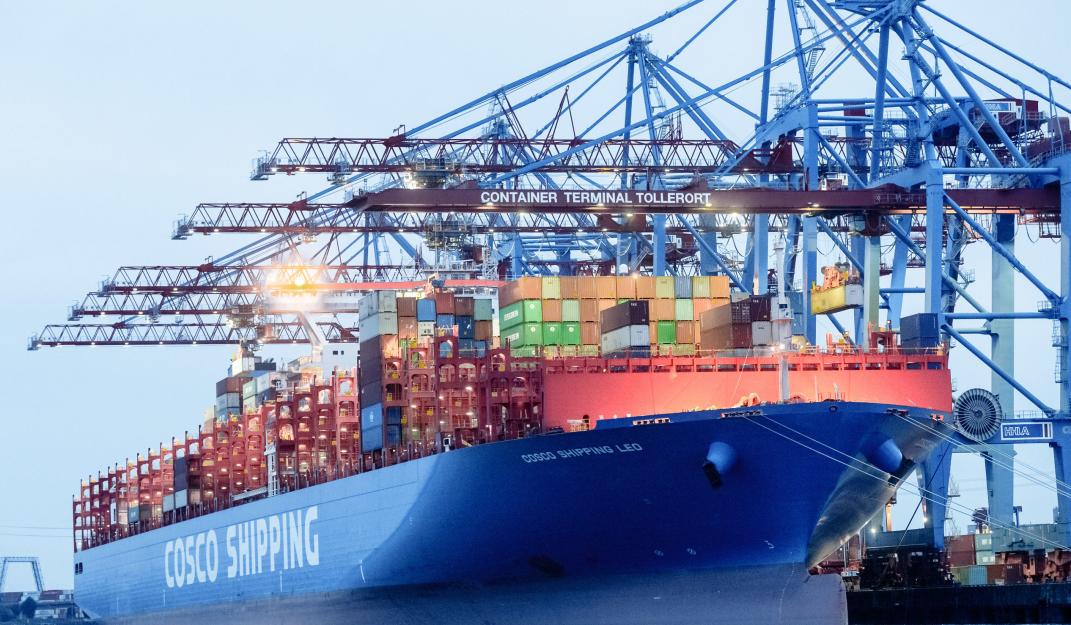#32 Port politics: Strategic autonomy and European ports

Port politics: Strategic autonomy and European ports
A case study on Chinese involvement
European seaports and related logistics are a key part of international trade and logistics. Foreign involvement by third countries has gained greater significance in this sector, especially where China is concerned. However, at the moment, there is a lack of EU cooperation concerning foreign involvement. This negatively impacts the EU’s strategic autonomy, and limits control over future scenario’s.
The aim of this report is therefore to conceptualise an EU-wide policy framework for strengthening strategic autonomy in the domain of seaports and related logistics sector systems. China serves as a case study for this strategic framework.
In addition, this report also addresses the following questions:
- This report builds on the research of a previous report by the authors, ‘Navigating an Uncertain Future’. To what extent can the Dutch government or the EU actively influence the likelihood and direction of the scenarios mentioned in the previous report, instead of merely reacting to them?
- How can the proposed strategic policy framework help bridge differences in the positions and interests held by EU Member States in relation to foreign involvement in seaports and related logistics?
- Which policy instruments are needed, both at EU and Member State level, in order to enable European authorities to align foreign involvement in European seaports and related logistics with the goal of strategic autonomy? What is already addressed by existing instruments?
This study was conducted on behalf of the Dutch Ministry of Infrastructure and Water Management and the Ministry of Foreign Affairs, within the framework agreement for the Dutch China Knowledge Network (CKN).
Erasmus UPT
Erasmus Centre for Urban, Port and Transport Economics is een zelfstandig expertisecentrum opgericht door Erasmus Universiteit Rotterdam. Het is onze missie om huidige en toekomstige leiders in haven en logistiek, stad en regio en stedelijke mobiliteit te helpen betere besluiten te nemen. Wij doen dat met kwalitatief hoogwaardig onderzoek en onderwijs. Onze experts ontwikkelen ‘thought leadership’ door de verbinding te leggen tussen hoogstaand academisch onderzoek en diepgaande kennis van de internationale praktijk waarin wij actief zijn. Het onderzoek van Erasmus UPT wordt door besluitvormers gebruikt voor strategievorming, onderbouwing van besluiten en economische evaluatie.

Clingendael Institute
Clingendael is an independent think tank and a diplomatic academy, based in The Hague - City of Peace and Justice. We aim to contribute to a secure, sustainable and just world through our analyses, training and public debate. We work with partners across public and private sectors, including policymakers, members of the armed forces, diplomats, politicians and business executives.



